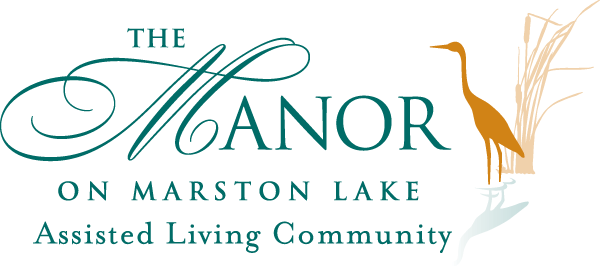 The internet is, more and more often, becoming an integral part of any life, something that someone almost needs to be using in order to live a worthwhile existence. That being said, there are plenty of people who have not grown up with the internet being a common tool in their lives, or being something that they ever had to use, and that group is mostly made up of the elderly here in the United States.
The internet is, more and more often, becoming an integral part of any life, something that someone almost needs to be using in order to live a worthwhile existence. That being said, there are plenty of people who have not grown up with the internet being a common tool in their lives, or being something that they ever had to use, and that group is mostly made up of the elderly here in the United States.
The internet has made so many things so much simpler for so many people, and bestows so many benefits upon its users, that there is no reason not to utilize it as is appropriate to the individual user. But for those who did not spend a decent amount of time using the internet, there are some things that they need to be made aware of.
The internet is a great place to see the free exchange of ideas and to communicate with people, to engage in trade (often at great prices), and to do various similar things. However, there is also danger to be found on the internet, and it’s important that our newer users (our older citizens) understand that the internet is a tool to be taken seriously.
So, without further ado, here are just a few simple rules to using the internet and protecting oneself while doing so:
No one online is going to make you an overnight millionaire. Thankfully, as the algorithms used for determining what is and isn’t ‘junk’ email get better, these scams are less and less often getting into email inboxes. The point, however, remains; there are many scams concerning great deals if you just give up personal information. If you didn’t seek out the deal from a well-known bank, ignore it out of hand.
Be very careful of where you buy from online. If in doubt, look for the Green Lock icon during checkout, which should appear in the upper left-hand area of the web browser, near the web address. If you’re still unsure if someone is on the level or not, it may be in your best interest to use a PayPal account to make sure that purchases are made securely. PayPal can be used in many places, and you won’t have to worry about your bank account information being leaked.
Outside of certain places, like Skype and Facebook, don’t let people have any personally identifying information. This information includes things like your phone number, your address, information about relations, bank account numbers, and even social security numbers.
There is almost never a need to give out your social security number on the internet. The only people that will likely need it are banks and utilities. A good rule of thumb is that if anyone asks for your social security information (your bank or your utility providers), you should call them instead at the number on your most recent account statement or bill and resolve the issue (if there is any) over the phone. It may not be as convenient, but having your social security number leaked is one of the worst things that can happen to you online.
Trust your gut. If you click on to a website that you think doesn’t seem right in some way, especially if you’re shopping, don’t be afraid to close out of the website. Even if the product is something rare and they claim to have it, if the site makes you feel like there’s something amiss, it’s better to be safe than sorry.
If someone you don’t know or someone you barely know sends you an email with an attachment (often displayed somewhere in the email description bar with a paperclip icon) and a strange subject, don’t open it.
If someone you don’t know or someone you barely know sends you a link to a shop saying that they have great deals on normally expensive merchandise (like Oakley or Ray Ban sunglasses, for example), don’t click it. It’s a fake link
If you’re browsing a website and a window pops up and offers ‘great deals’ or anything similar, it’s a phony site, more likely than not. In fact, most pop-ups are going to take you places on the internet that you do not want to go.
Be sure to investigate any deal the sounds too good to be true. You’re already online looking at goods and services and information online; it doesn’t take much to look up the company that claims to be offering the deal to find out what their reputation is.
Invest in an anti-virus program. They can be bought at Best Buy for decent prices, and the protection is more than worth it. This will help to prevent a lot of the nasty problems that you can get from surfing the web.
If I had to leave you with one idea, one thing that could protect you as you spend time on the internet, it is this; there is no one out there who needs to know your real name, your address, your phone number, or anything about your money situation or banking information who does not already know it or who you have not sought out yourself.
